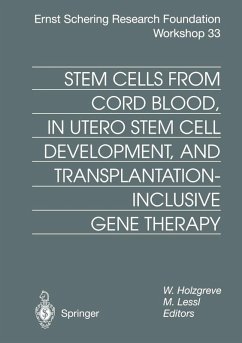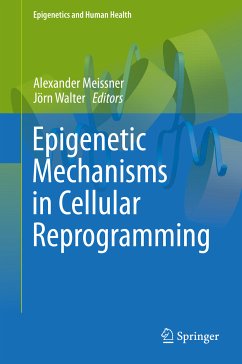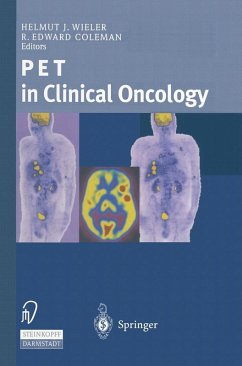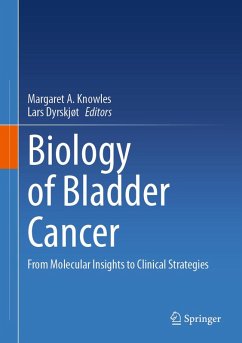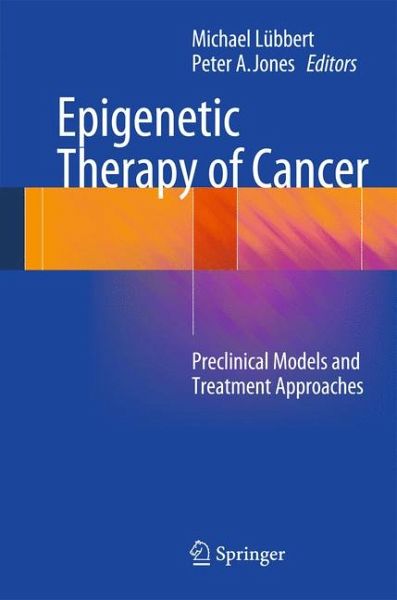
Epigenetic Therapy of Cancer (eBook, PDF)
Preclinical Models and Treatment Approaches
Redaktion: Lübbert, Michael; Jones, Peter A.
Versandkostenfrei!
Sofort per Download lieferbar
72,95 €
inkl. MwSt.
Weitere Ausgaben:

PAYBACK Punkte
36 °P sammeln!
The growing knowledge about disturbances of epigenetic gene regulation in hematopoietic stem cell disorders is now being translated into treatment approaches that target the epigenetic defects pharmacologically. This book first presents the latest evidence regarding the epigenetic regulation of hematopoietic stem cell differentiation and hemoglobin production. The significance of DNA methylation abnormalities in hematopoietic disorders and of epigenetic disturbances in lung cancer and other solid tumors is then discussed. A major part of the book, however, relates specifically to the translati...
The growing knowledge about disturbances of epigenetic gene regulation in hematopoietic stem cell disorders is now being translated into treatment approaches that target the epigenetic defects pharmacologically. This book first presents the latest evidence regarding the epigenetic regulation of hematopoietic stem cell differentiation and hemoglobin production. The significance of DNA methylation abnormalities in hematopoietic disorders and of epigenetic disturbances in lung cancer and other solid tumors is then discussed. A major part of the book, however, relates specifically to the translation of basic research and drug development to clinical applications, and in this context both present and future clinical strategies are considered. Individual chapters are devoted to the use of DNA hypomethylating agents and chromatin-modifying agents, and the treatment of hematologic malignancies and solid tumors by means of epigenetic agents is discussed in detail.
Dieser Download kann aus rechtlichen Gründen nur mit Rechnungsadresse in A, B, BG, CY, CZ, D, DK, EW, E, FIN, F, GR, HR, H, IRL, I, LT, L, LR, M, NL, PL, P, R, S, SLO, SK ausgeliefert werden.




